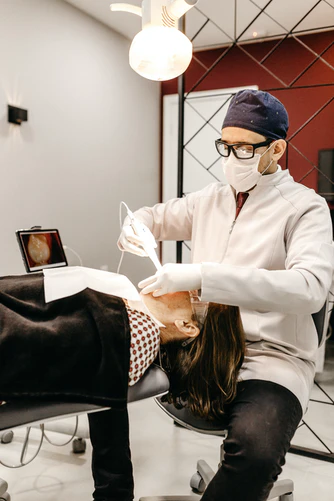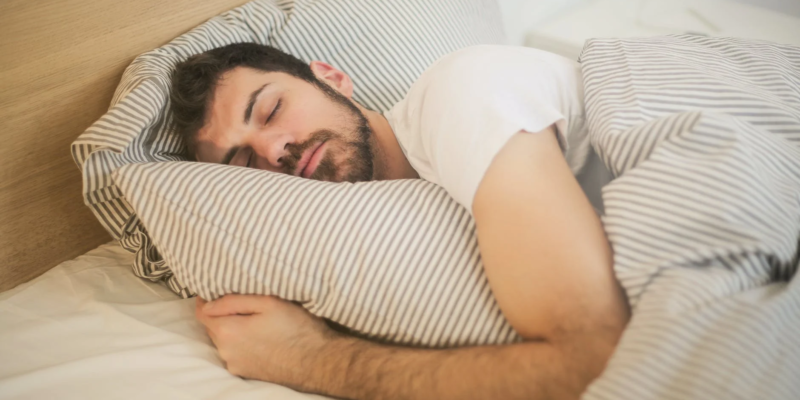In some cases, insomnia and snoring can be indicative of a severe disorder called sleep apnea. This condition is more common than you might think; in fact, it affects more than 25 million American adults.
Sleep apnea can disrupt your sleep pattern, take a toll on your mental health, and is harmful to your oral health. Before looking at its adverse effects on your dental health, let’s look at what causes sleep apnea in the first place:
Causes of Sleep Apnea
Airway tissues can collapse and cause breathing interruptions during sleep. This can happen due to flaccid throat muscles, small jaws, big tongues, and increased weight. Due to its effects on energy and mental performance, a disrupted sleep pattern can affect long-term health.
Some symptoms of sleep apnea to look out for include:
- Loud and recurrent snoring
- Gasping for air during sleep
- Fatigue and sleepiness during the day
- Headache upon waking
- Sexual dysfunction
- Dry mouth upon awakening
Connection to oral health
A good night’s sleep ensures that you remain healthy, active, and energetic during the day. However, interrupted sleep can affect your oral health by inducing TMJ disorders, halitosis, periodontal disease, mouth ulcers, and bruxism.
TMJ disorders
Temporomandibular joint disorders and sleep apnea are closely linked. There are two TMJs at the sides of your face, which connect the upper jaw to the lower jaw and help in speaking and eating.
A study published in the Journal of Dental Research revealed that people who had sleep apnea were three times more likely to develop TMJ disorders than people who didn’t experience breathing interruptions during sleep.
Some symptoms of TMJ include jaw pain, chewing problems, clicking, or grinding sounds coming from the jaw joints or locked jaw.
Dry mouth
Due to the airway’s obstruction caused during sleep apnea, a person with the condition is forced to breathe through their mouth. This can result in a dry mouth, which can then lead to tooth decay, gum diseases, and mouth sores.
According to a study published in the Journal of Sleep Research, people with sleep apnea were twice as likely to wake up with a dry mouth than people without the condition.
Bruxism

The involuntary movement of jaws during sleep that results in teeth grinding is known as bruxism. Signs of bruxism include headache, neck, and jaw pain upon waking.
Obstructive sleep apnea is one of the leading causes of teeth grinding during sleep as the throat muscles relax during the night and interrupt breathing.
Bruxism can lead to more severe oral health issues such as tooth decay and loosening of teeth. If you’re dealing with any of these issues, reach out to us at (856) 829-8668. We offer cosmetic and family dentistry NJ and preventive dentistry services across New Jersey.

